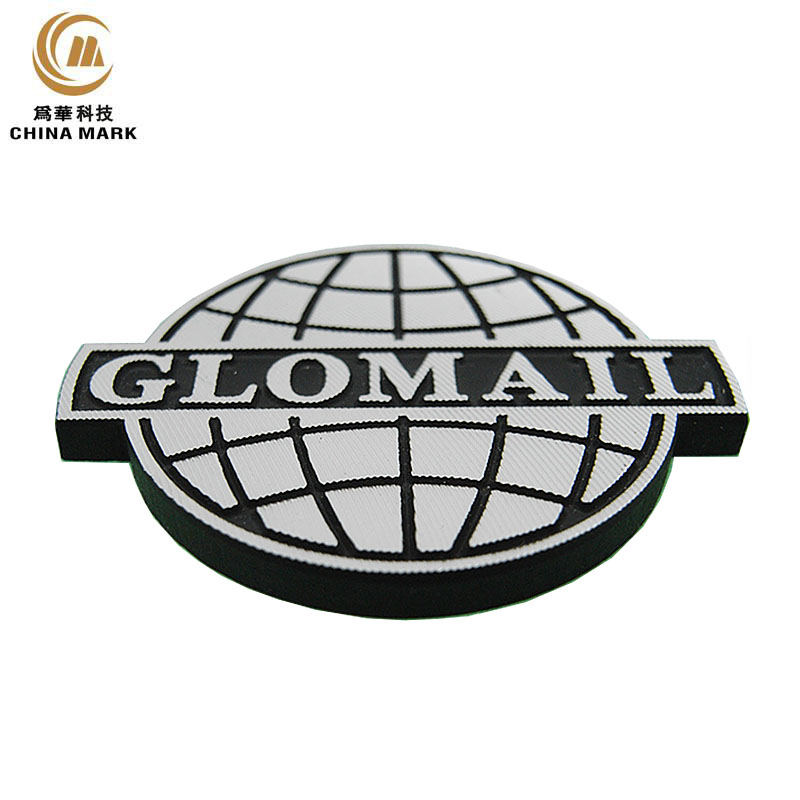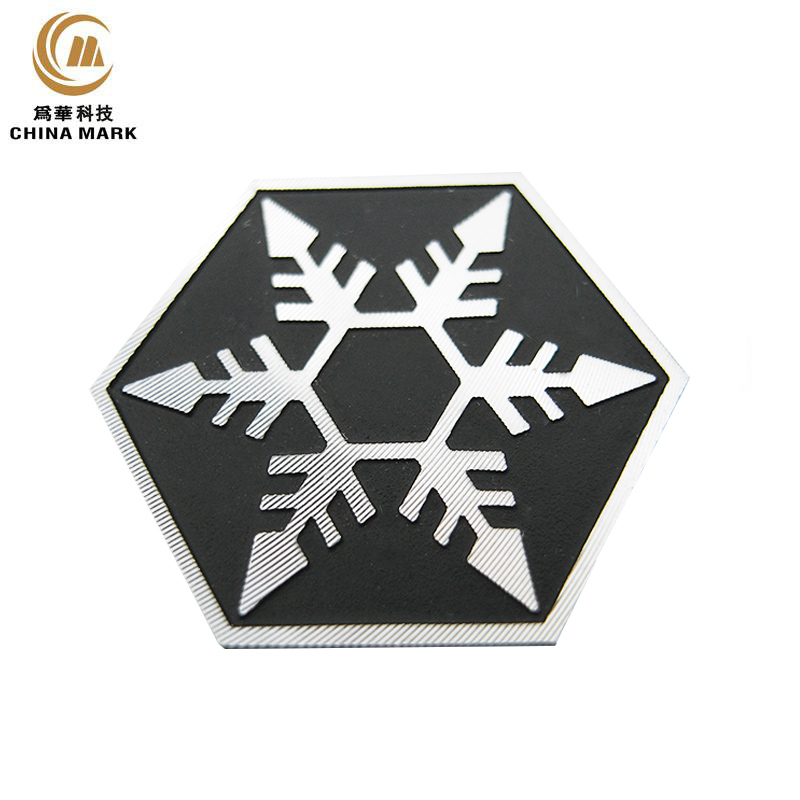What details need to be provided for sign customization?
(1)Dimensions
To make a sign, the most basic thing is to provide a detailed shape (rectangular, circular, square or oval, etc.), accurate dimensions and reasonable tolerances. Only in this way can the product be customized.
(2)Design
With the corresponding dimensions, you can design the signs that customers want based on the colors and templates provided by the customers. There is not only one set of program design, but also based on your own work experience and industry market trends, and based on your own correct understanding of imagination and customers. Design and manufacture beyond classic standards to provide customers with feasible solutions.
(3)Selection of raw materials
Identification signs can be divided into many kinds of raw materials. Compared with outdoor identification signs, the selection of raw materials is limited. Some places are open and the environment is harsh. You cannot use acrylic, PVC, etc., which are beautiful but fragile. Stainless steel or aluminum signs with the characteristics of corrosion resistance, high temperature resistance, and water resistance should be used; some outdoor signs have a large number of vehicles and crowds of people, so the signs should not be too sharp or sharp; indoor signs can be widely selected. There are also more feasible options.
(4)Timely communication between project designer and client
In many cases, the signs and other design solutions provided by the customers are not necessarily the best, the best, and the most suitable. Many times, some customers do not know much about the details of sign customization, so this time is the project designer’s best way to show himself. The project designer should have a good understanding of the product and the actual product process, so when the customer’s plan is not reasonable enough or some defects will appear after the customer’s plan is operated, the project designer is responsible for providing the customer with the best plan for selection and decision by customer.

